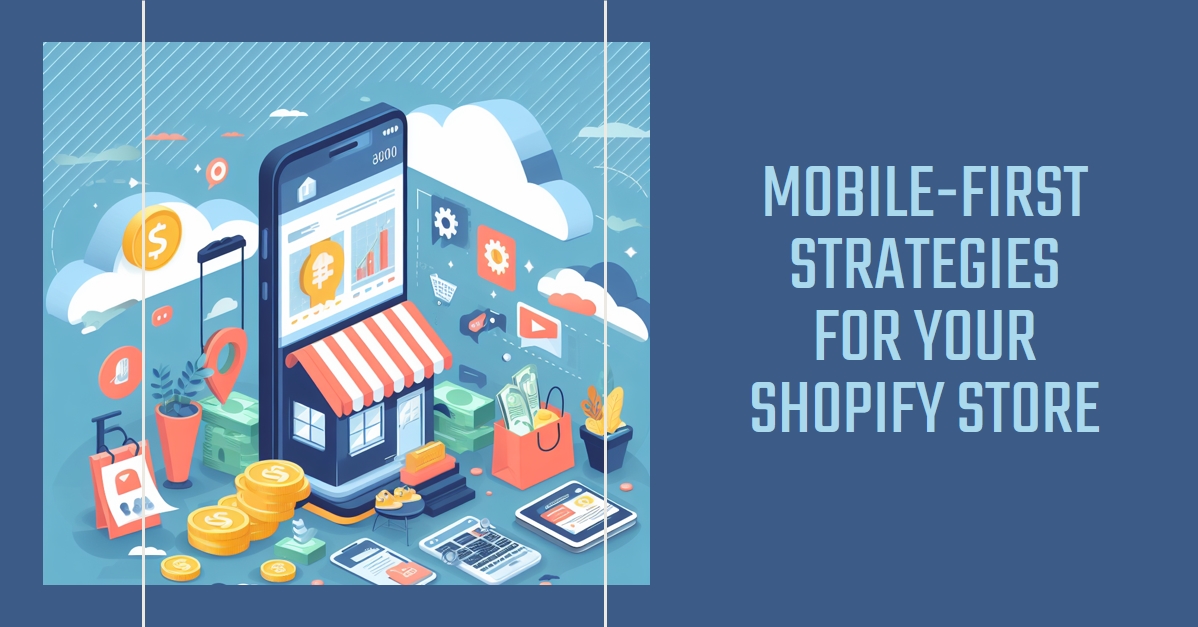As a store owner, selecting the right eCommerce platform can have a significant impact on the success of your online business.
With a plethora of options available, it can be overwhelming to choose the platform that best suits your business needs.
Therefore, it's crucial to evaluate various factors that can influence your decision.
Firstly, consider your business model, whether it's B2B, B2C, or D2C, and choose an eCommerce platform that caters to your specific requirements. Scalability is another crucial factor to consider, as you want a platform that can handle the growth of your business and accommodate an increasing number of customers, transactions, and products.
It's important to select a platform that aligns with your budget while providing you with essential features and functionalities. The complexity of the platform should also be taken into account. If you have a small business, a simple platform may suffice, while larger businesses may require a more complex platform with multiple integrations.
Customer experience is key to any successful eCommerce store. Therefore, choose a platform that provides a user-friendly interface, easy navigation, and a seamless checkout process.
Additionally, it's essential to prioritise the security of your platform to protect your customers' data and comply with industry standards.
Excellent customer support is a must-have feature for any eCommerce platform, so ensure that the platform you choose provides reliable support through various channels.
Marketing and SEO tools are essential for driving traffic and increasing sales, so choose a platform that provides built-in SEO features and marketing tools, or one that easily integrates with external marketing tools. In addition, it's crucial to select a platform that provides comprehensive analytics and reporting features to enable data-driven decision-making.
Let's delve into some of the well-known eCommerce platforms and their respective offerings, in order to identify which one might be a suitable match for your business.
Shopify
Shopify is a popular eCommerce platform that is easy to use and offers a wide range of features. It is an excellent choice for small businesses, as it offers a user-friendly interface, built-in SEO features, and robust marketing tools. Shopify also offers a variety of payment options and integrates seamlessly with other popular apps, making it easy to manage your online store.
WooCommerce
WooCommerce is a popular eCommerce platform that is designed for businesses using WordPress. It offers a wide range of features, including built-in SEO features and a variety of payment options. WooCommerce is a great choice for businesses that want to use WordPress as their content management system and already have a website built on this platform.
Magento
Magento is a powerful and complex eCommerce platform that is designed for larger businesses. It offers robust features, including built-in SEO and marketing tools, as well as a variety of payment options. Magento is an ideal choice for businesses that require a more complex platform and want to customize their online store extensively.
BigCommerce
BigCommerce is a popular eCommerce platform that is designed for businesses of all sizes. It offers a user-friendly interface and built-in SEO features. Additionally, BigCommerce offers a variety of payment options, including PayPal and Apple Pay. It also provides excellent customer support and integrates seamlessly with other popular apps.
Salesforce Commerce Cloud
Salesforce Commerce Cloud is a popular eCommerce platform that offers enterprise-level features and functionalities. It is designed for businesses that require a complex platform and offers a wide range of features, including built-in SEO and marketing tools. Salesforce Commerce Cloud also provides robust analytics and reporting features, making it easy to track your online store's performance.
When it comes to B2B and B2C businesses, all of these eCommerce platforms can cater to both types of businesses. However, some platforms, such as Magento and Salesforce Commerce Cloud, offer more robust B2B features, such as support for complex pricing structures and custom catalogs.
In terms of UX, all of these eCommerce platforms offer a great user experience, with easy-to-use interfaces and intuitive checkout processes. However, Shopify is known for its exceptional UX, making it an excellent choice for businesses that prioritise a great user experience.
In conclusion, selecting the right eCommerce platform is critical to the success of your online business. Evaluate the factors mentioned above and choose a platform that aligns with your business goals and helps you achieve eCommerce success.




